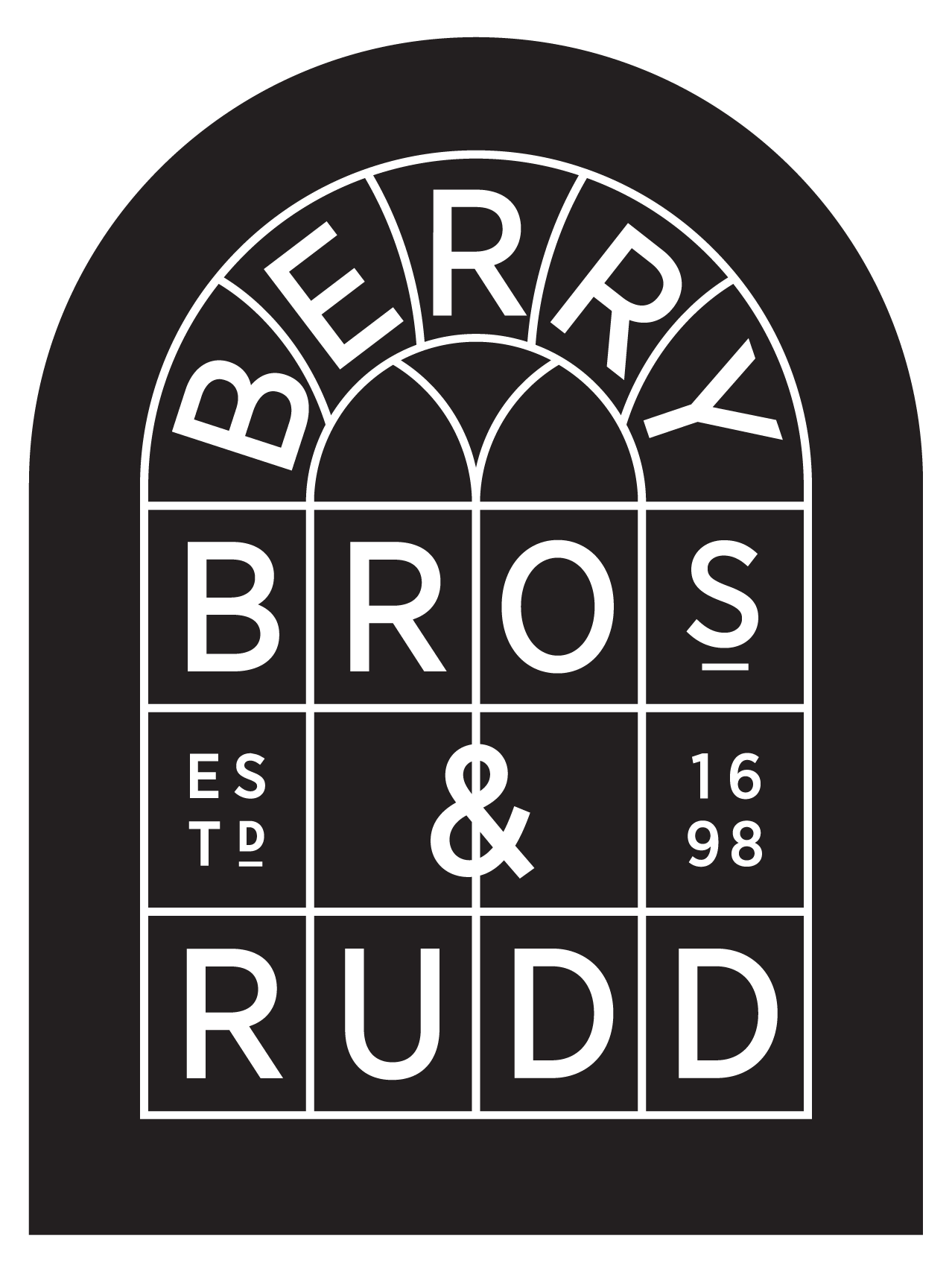Origins of Whisky & the Evolution of the Regions that Made it
The precise origins of whisky are a subject of debate among historians, but it is widely believed to have originated in ancient civilizations in Mesopotamia and Egypt. The techniques of distillation were refined by Arab alchemists during the medieval period and later brought to Europe by the Moors. It was in Ireland and Scotland where whisky, as we know it today, began to take shape.
As whisky production spread, different regions developed their own distinct styles and techniques, shaped by factors such as climate, water sources and local traditions. Scotland, known for its Scotch whisky, is divided into five regions; Campbeltown, Highland, Speyside, Islay and Lowland. Each is renowned for its specific flavour profile. Ireland, with its triple distillation process, produces smooth and light whiskies. The United States boasts Bourbon, a sweet and robust whiskey made primarily from corn, while Canada is celebrated for its blended whiskies, offering a harmonious balance of flavours. New World Whiskies are those crafted outside of traditional whisky-making regions and which have recently gained prominence in the global whisky scene with some notable examples being; Japan, Taiwan, Australia, India, Nordics and England.
Whisky is a spirit deeply rooted in history and craftsmanship, evolving over centuries into a beloved and diverse beverage. From its mysterious origins to the refinement of distillation techniques and the development of distinct regional styles, whisky has captured the hearts and palates of people worldwide. Whether you prefer a smoky Islay Scotch or a smooth Irish whiskey, the journey through the world of whisky is one promising an exploration of flavours, traditions and the artistry of distillation. It’s time to raise a glass and toast to the enduring legacy of whisky, a spirit that continues to bring people together across cultures and generations.
Slainté


